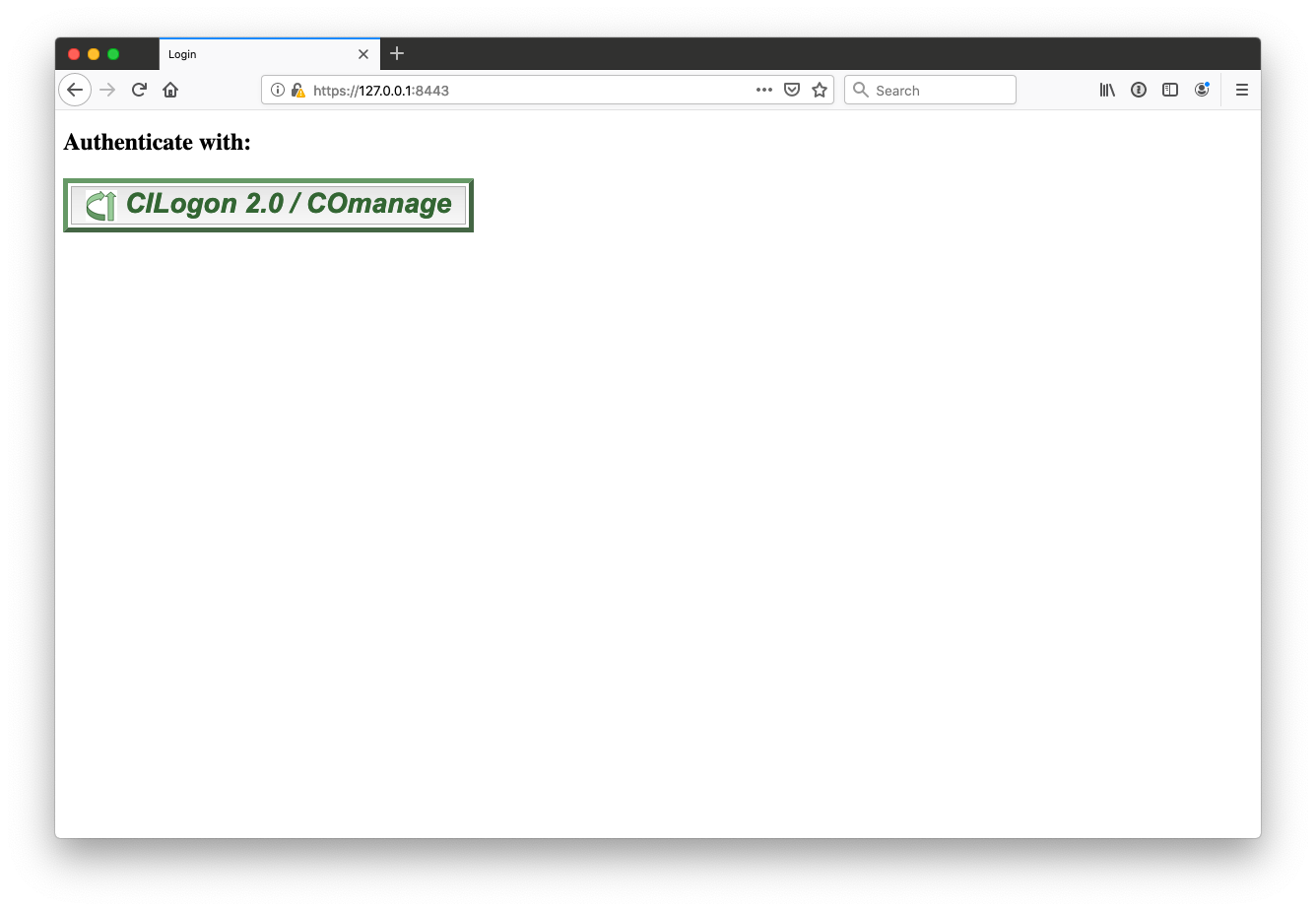Django Generate New Secret Key
Enter a key comment, which will identify the key (useful when you use several SSH keys).  You will be asked for it when you connect via SSH. Type in the passphrase and confirm it. The passphrase is used to protect your key.
You will be asked for it when you connect via SSH. Type in the passphrase and confirm it. The passphrase is used to protect your key.
Using an online service to generate one is a bad idea - nobody else should ever have your secret key. How do you generate a new secret key? The otherwise-excellent Django docs are silent on this. Here's how Django generates one when you run startproject:. Hiding my SECRETKEY in settings.py Hi newbie developer here. I was pushing my project onto github when I realized that I should probably create a separate file secretsettings.py that holds my secret key and then import that variable through a line like.


| >python manage.py runserver |
| Traceback (most recent call last): |
| File 'manage.py', line 8, in <module> |
| execute_from_command_line(sys.argv) |
| File '//anaconda/lib/python2.7/site-packages/django/core/management/__init__.py', line 399, in execute_from_command_line |
| utility.execute() |
| File '//anaconda/lib/python2.7/site-packages/django/core/management/__init__.py', line 392, in execute |
| self.fetch_command(subcommand).run_from_argv(self.argv) |
| File '//anaconda/lib/python2.7/site-packages/django/core/management/base.py', line 242, in run_from_argv |
| self.execute(*args, **options.__dict__) |
| File '//anaconda/lib/python2.7/site-packages/django/core/management/base.py', line 279, in execute |
| saved_locale = translation.get_language() |
| File '//anaconda/lib/python2.7/site-packages/django/utils/translation/__init__.py', line 154, in get_language |
| return _trans.get_language() |
| File '//anaconda/lib/python2.7/site-packages/django/utils/translation/__init__.py', line 52, in __getattr__ |
| if settings.USE_I18N: |
| File '//anaconda/lib/python2.7/site-packages/django/conf/__init__.py', line 54, in __getattr__ |
| self._setup(name) |
| File '//anaconda/lib/python2.7/site-packages/django/conf/__init__.py', line 49, in _setup |
| self._wrapped = Settings(settings_module) |
| File '//anaconda/lib/python2.7/site-packages/django/conf/__init__.py', line 151, in __init__ |
| raise ImproperlyConfigured('The SECRET_KEY setting must not be empty.') |
| django.core.exceptions.ImproperlyConfigured: The SECRET_KEY setting must not be empty. |
commented Nov 8, 2016 • edited
edited
Django Secret Key
Solution of the problem Just like the error says, you have no SECRET_KEY defined. You need to add one to your settings.py. The SECRET_KEY can be just about anything..but if you want to use Django to generate one, you can do the following from the python shell:
Copy the SECRET_KEY to your settings file. |